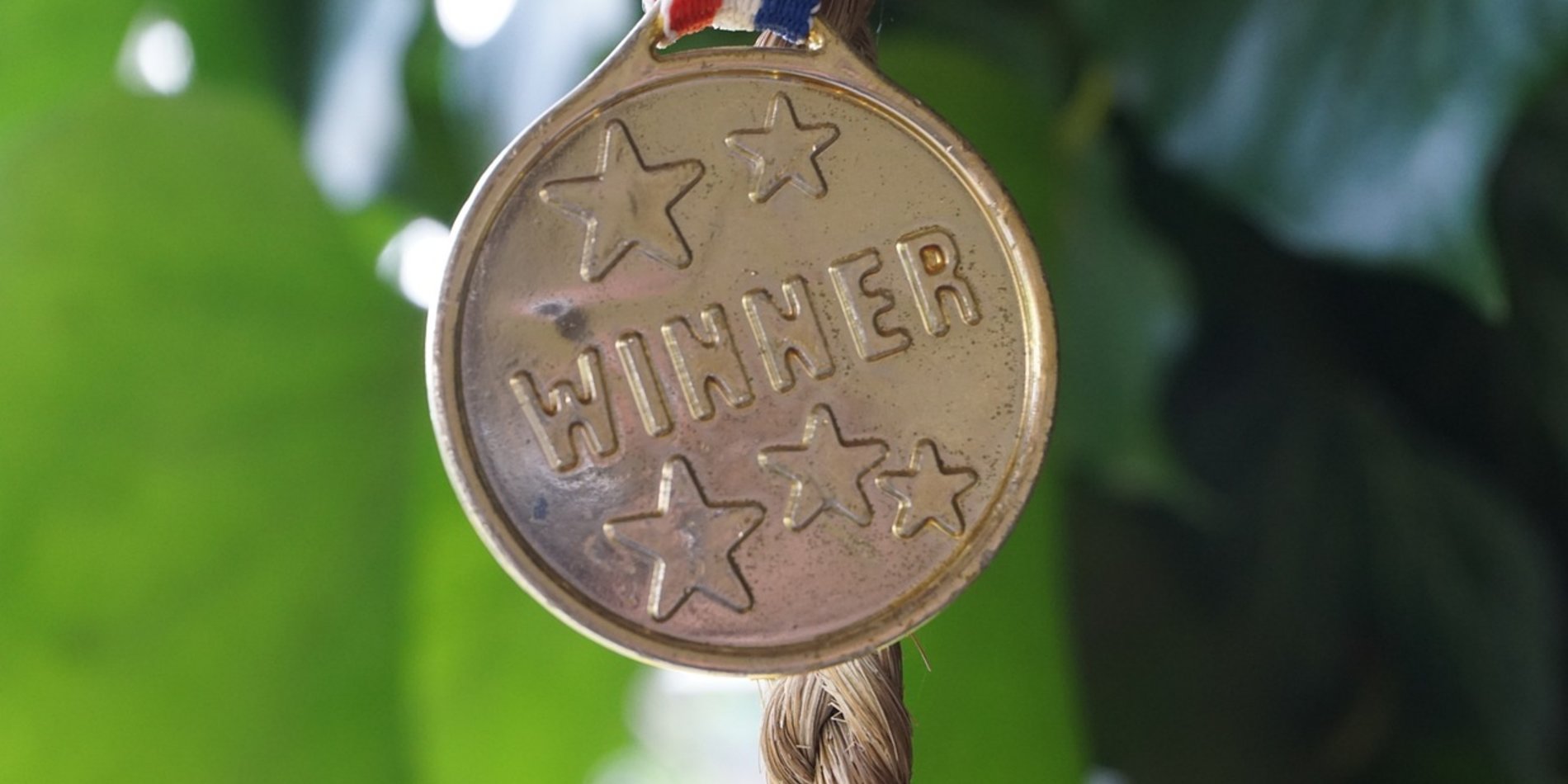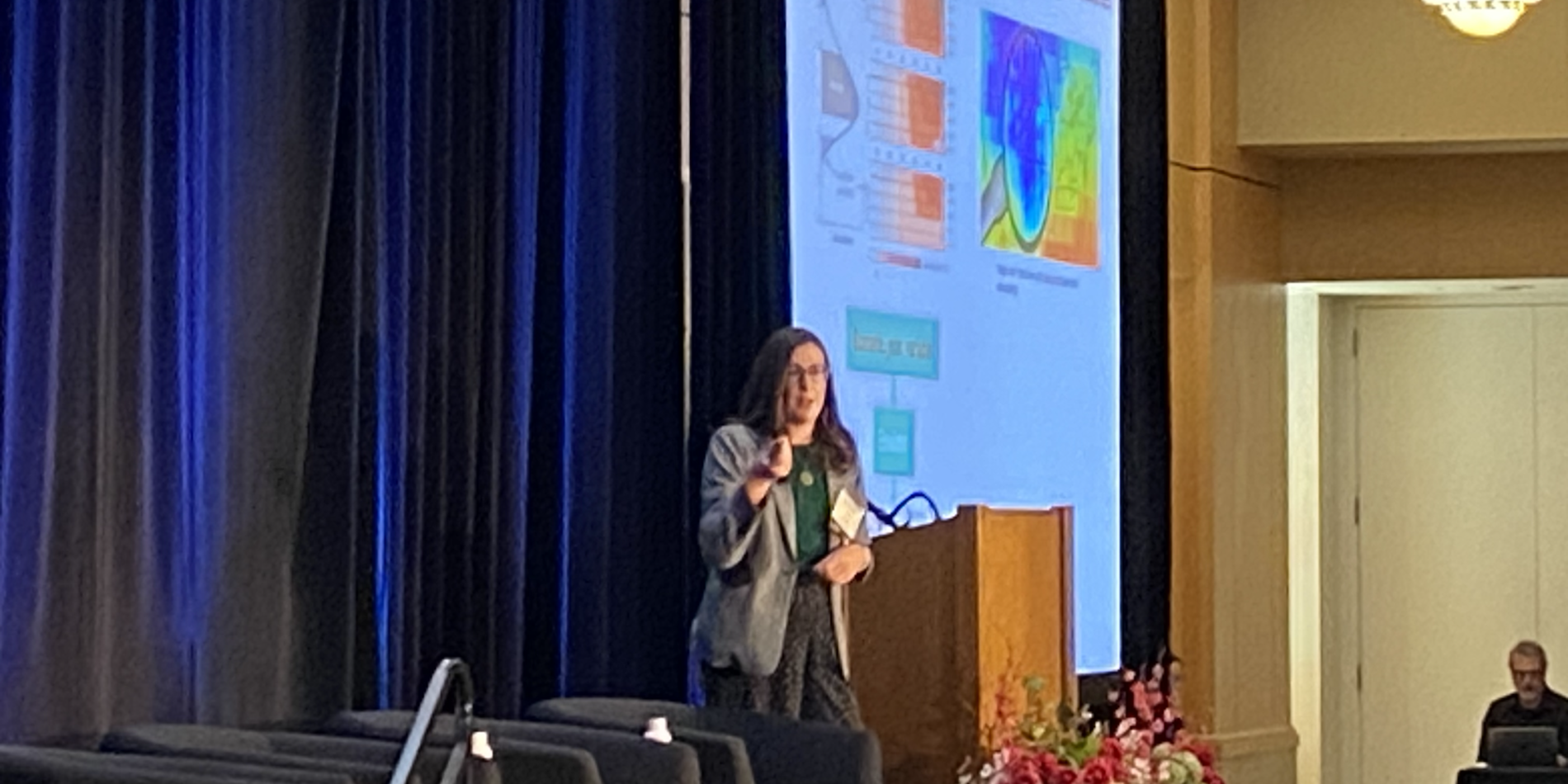CORES Champion and Innovator award winners
We are excited to announce the winners of our Champion and Innovator awards! This was a very competitive award round with several impressive applications, which made for a very challenging decision.
CORES Champion winners
Professor Michelle Mello

Dr. Mello is a Professor of Medicine in the School of Medicine, Center for Health Policy/Primary care and Outcomes Research, as well as a Professor of Law at Stanford Law School. Dr. Mello has demonstrated her commitment to improving data sharing and transparency in biomedical research as well as vigorously promoting the adoption of open science practices through translational activities. Here we highlight a couple of Dr. Mello’s contributions.
- Dr. Mello conducted a study to evaluate how clinical participants’ felt about their data being shared. The results of this study found an overwhelming majority of trial participants were willing to share their data. This has effectively undercut a primary argument pharmaceutical corporations employ to avoid sharing clinical data.
- Dr. Mello has been involved in The Good Pharma Scorecard initiative that aims to influence pharmaceutical companies to adhere to a set of clinical trial transparency practices. This initiative has garnered widespread support across the largest pharmaceutical companies with many of them including their scorecard result in their annual reports to shareholders and issue press releases touting their performance.
- Extending on The Good Pharma Scorecard, Dr. Mello recently launched an initiative to apply the same level of scrutiny to COVID-19 vaccine clinical trials. This effort seeks to address and assuage the public’s concerns regarding how safe these vaccines are. Dr. Mello and colleagues are assessing these trials against metrics adapted from the Good Pharma Scorecard and will be added to an existing online vaccine progress tracker.
Professor Drew Endy

Dr. Endy is an Associate Professor of Bioengineering. Dr. Endy has spent his career advancing Open Science initiatives that span academia and industry. Dr. Endy has primarily focused on the advancement of (1) research transparency, (2) reproducibility, and (3) open science platforms. We have included an example from each initiative.
- Research transparency: Dr. Endy’s lab developed the OpenWetWare (OWW) platform to share their laboratory research operations such as: protocols, group meeting schedules and lab notebooks. Their platform quickly grew and has been adopted by thousands of researchers.
- Reproducibility: Dr. Endy’s lab has developed standard units of measurements in systems and synthetic biology, and genetic engineering and biotechnology that further enables measurement reproducibility. A couple standardized unit examples are: quantifying gene expression in prokaryotes and quantifying growth of wood fungus (i.e. mushrooms)
- Open Science platforms: Dr. Endy’s laboratory operates the Free Genes project. The Free Genes project generates and freely distributes free-to-use open source genetic materials related to biotechnology. One popular product is their Open Enzymes, a collection of expression vectors for about the hundred most-useful enzymes in biotechnology. They also have several products providing expression vectors for the enzymes needed to carry out infectious disease diagnostic assays.
CORES Innovator winners
Shilaan Alzahawi

Shilaan Alzahawi is currently a Ph.D student in Organizational Behavior at the Stanford Graduate School of Business (GSB) and has developed a strong interest in further advancing research rigor and reproducibility in scientific research. These interests are expressed in several different projects Shilaan is involved in. We have highlighted a couple below.
- One branch of her research interests explores statistical inference and hypothesis testing practices in psychological science. One avenue of this work proposes the implementation of sequential analysis to reduce research waste and improve research efficiency.
- Shilaan’s research products are shared openly through the Open Science Framework (OSF) platform. This includes: preregistrations, survey materials, data, and R scripts. She also writes her manuscripts in RMarkdown - ensuring her work can be reproduced.
- Through Shilaan’s Teaching Assistant role in the Data and Decisions course at the GSB, she runs laboratory sessions to help first-year MBA students learn basic probability and statistics and ultimately complete their own research projects in R. She cultivates excitement for utilizing R to document, analyze, and disseminate reproducible research.
Jan Voelkel

Jan Voelkel is currently a Ph.D student in Sociology and has contributed to the transparency, reproducibility and Open Science advancements in the Social Sciences. These contributions are illustrated through the incorporation of open science practices in his research, promoting Open Science practices, developing open source software, and teaching the open science principles.
- Implementing open science research practices: Jan incorporates the sharing of research products throughout his projects. He shares his data and code through the Open Science Framework (OSF). His research projects are typically preregistered, submitted as a preprint, and with his more recent work published as a registered report. One example of this is Voelket et al. (2018), with associated data, materials, preregistration, and preprint
- Promoting open science practices: Jan co-authored a paper evaluating the development of statistical tools for identifying fabricated datasets. He aims to continue investigating this line of work and contribute to the discussion on how social scientists can conduct transparent and reproducible research to further advance the trust in our scientific conclusions.
- Developing open source software: Jan previously helped develop JASP (Jeffrey’s Amazing Statistics Program), a free software program for Bayesian and Frequentist statistics hosted on GitHub. He also worked to improve the usability of the software by contributing to two tutorial papers on conducting Bayesian analysis and Bayesian ANOVA.
-
Teaching open science principles: Jan has given presentations to social and psychological scientists focused on increasing the transparency and reproducibility in their research. While serving as a Teaching Assistant for SOC 372 (Theoretical Analysis and Research Design), he developed and taught several tutorials for preregistration, sharing materials, and publishing preprints for graduate students.
We would like to thank all of our award applicants for submitting competitive applications and extend a congratulations to our winners.
Please consider applying next year for the next round of 2022 CORES Champion and Innovator awards!




